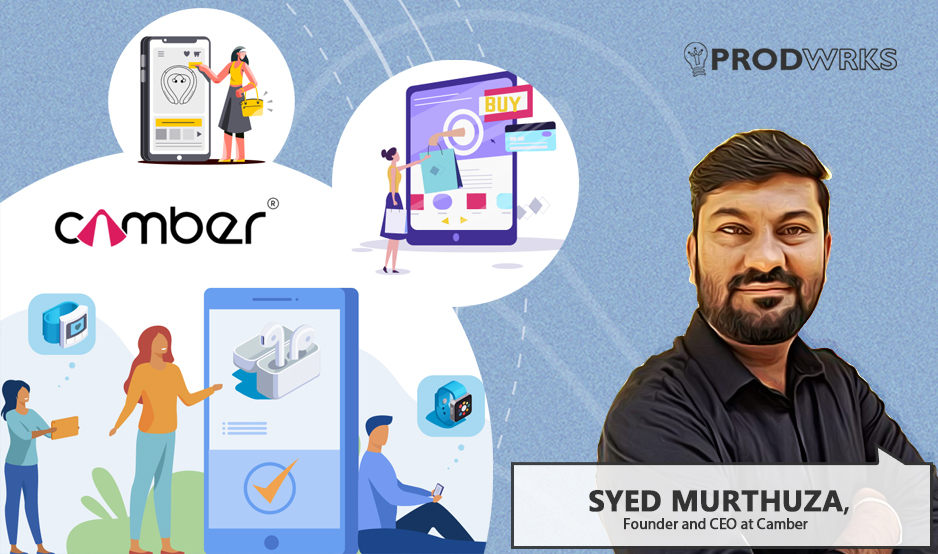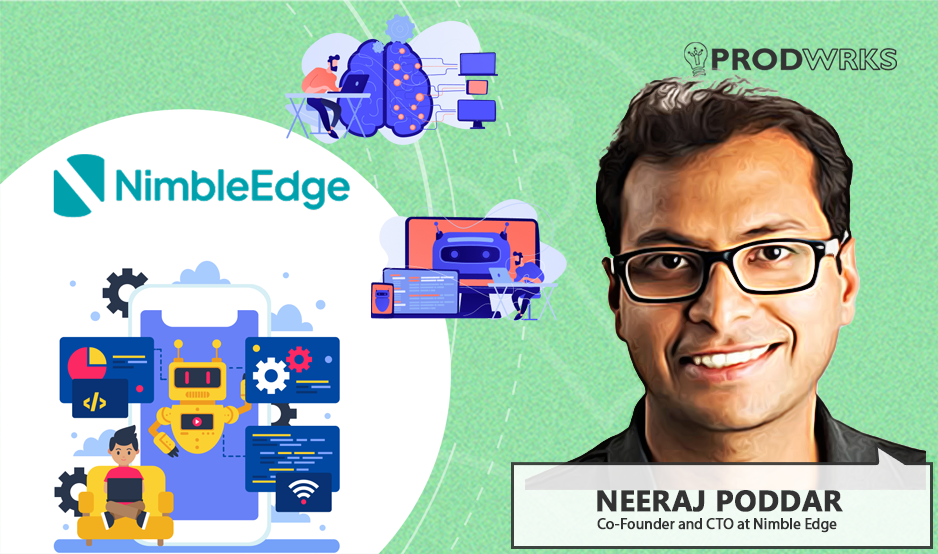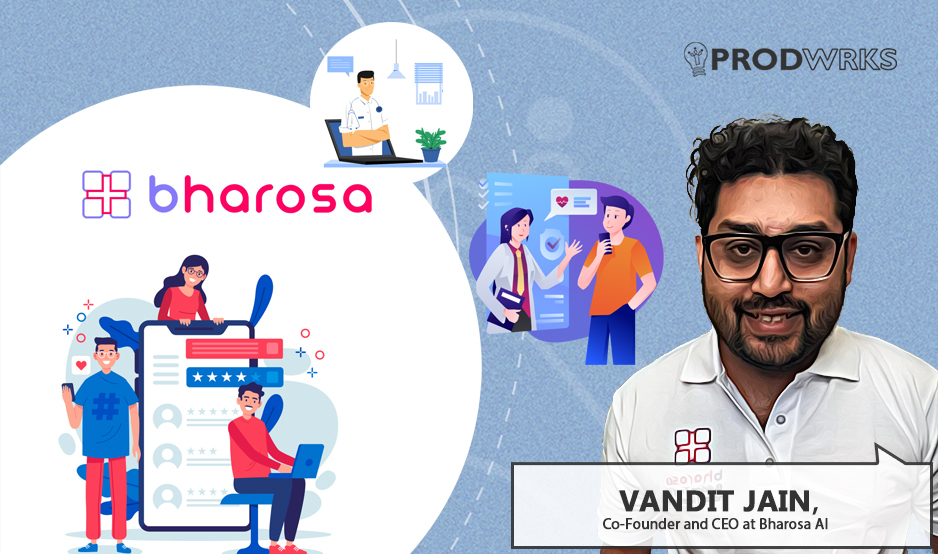
CRMs are a dying breed. I know it’s a bold statement to make, considering 91% of companies with more than 11 employees use a CRM system. But a CRM-less future is turning out to be a reality faster than you think.
Hyderabad-based Ozonetel, a CCaaS industry pioneer, is leading this revolution for a CRM-less future. Their smart AI contact center solutions own the entire customer experience journey, negating the need for traditional CRMs, which offer only contact management.
According to Chaitanya Chokkareddy, co-founder and CTO of Ozonetel, “CCaaS is now CX” and “CRMs don't make any sense anymore. Nobody is following the whole concept of lead-opportunity flow. It’s all about the customer journey.”
Spearheading this paradigm shift, Ozonetel has launched CX Hub, a unified customer experience (CX) platform that seamlessly blends contact center solutions with CRM functions. CX Hub helps organizations orchestrate and streamline customer journeys from start to finish across multiple digital touchpoints—voice calls, email, WhatsApp, social media, and other communication channels.
In a conversation with Team ProdWrks, Chaitanya Chokkareddy talks about Ozonetel’s journey and how his organization has been a company of many firsts. He explains:
- Why the reign of CRMs is over.
- Why CCaaS is now CX.
- How Ozonetel’s new-age CX contact center solution manages customer journeys by leveraging AI.
- Ozonetel’s experiments with Telugu LLMs using datasets trained from Chandamama Kathalu and the need for more Indic LLMs.
Before we proceed to understand how Ozonetel is redefining customer experience for contact centres, let us first understand the CCaaS landscape.
What is CCaaS?
CCaaS stands for Contact Center as a Service. CCaaS platforms are cloud-based solutions that provide businesses with a comprehensive set of tools and services to help them seamlessly manage all customer interactions across multiple channels: phone calls, email, social media, support forums, live chat, etc.
Before CCaaS became a reality, businesses relied on calls patched through PSTN networks to call center agents who would handle sales and support. PSTNs are essentially landline phones connected to a large network called the Public Switched Telephone Network (PSTN), which is operated by authorised telecom operators.

In the early 2000s, key players like Ozonetel saw the potential of call center software hosted in the cloud. They explored the idea of having agents access telephony technology hosted on physical data centers via the internet. With cloud providers like AWS and Microsoft Azure making an entry, Ozonetell and other digital telephony players were able to offer an ‘as-a-service’ model, leading to the emergence of Contact Center as a Service (CCaaS).
The subsequent advancements in VoIP, faster internet speeds, lower operation costs and impressive solutions like computer-telephony integration have accelerated the adoption of CCaaS
Computer-telephony integration allows call center agents to take calls on a computer or a laptop via the internet and eliminates the procurement and maintenance costs of specialized telephony systems like Avaya.
CCaaS solutions with computer-telephony integration come with a host of features:
- Automatic Call Distribution provides intelligent call routing and forwards calls to agents.
- Automated Call Recording enables agents to record calls, emails, live chat, and text messages for record keeping and training.
- Automatic Dialers and Router eliminate manual dialing and route calls to a queue of available agents.
- Interactive Voice Response provides customers with self-service options to access information, resolve queries, and transact via an automated system.
- AI Analytics paves the way for data analytics for forecasting and reporting.
- Omnichannel Management features help agents track customer interaction across multiple channels like phone calls, live chat, email support, social media, and more.
Ozonetel has been a company of many firsts
Founded in 2007, Ozonetel was the first cloud telephony platform in India. In 2009, they launched KooKoo, a first-of-its-kind platform where developers could simply login and build telephony applications.
Chaitanya proudly proclaims, “Even now, there is no such solution where a developer can just login and build a, let's say, missed call solution.”
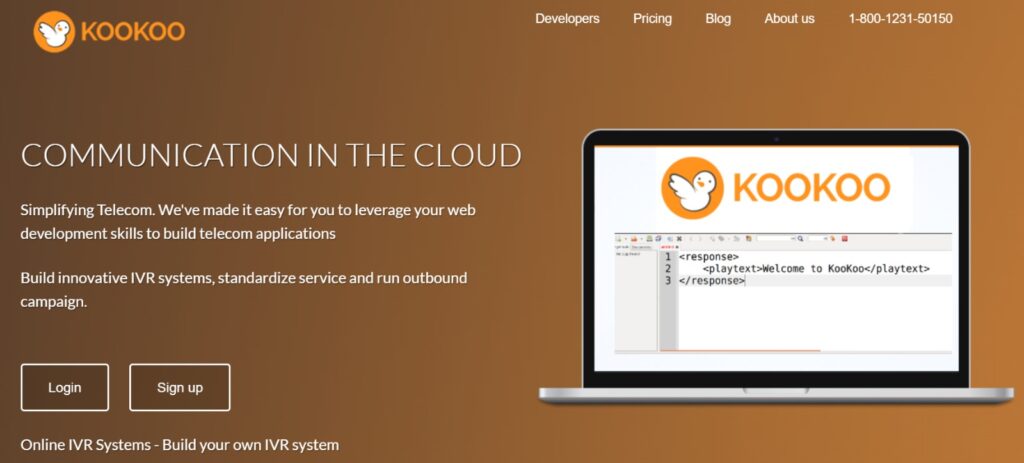
ZipDial (now acquired by Twitter), which shot to fame with a missed call campaign during the 2015 Cricket World Cup, was in fact built on Ozonetel’s platform. And so was Exotel, a major CCaaS player today, which initially used the KooKoo platform to build its solutions.
The most groundbreaking contribution of Ozonetel to the Indian tech landscape is a lesser-known fact: they are India’s first CCaaS platform, if not the world’s.
When Ozonetel was building it’s first contact centre product, VoIP (Voice over Internet Protocol) was nowhere in India. So they built their solutions on top of POTS (Plain Old Telephony Systems) or PSTN lines.
“We had to build our own hardware, like the PRI (Primary Rate Interface) cards, the drivers, and everything else, in order to interface with the switchboard hardware,” says Chaitanya.
“We were one of the first implementers of WebRTC and WebSockets. That's how we built the world's first CCaaS platform. Only after that was Talkdesk built on the Twilio platform. But we were the first. Nobody else had a contact center on the cloud,” claims Chaitanya.
CRMs are Dead
Having pioneered the cloud contact centre space, Chaitanya now wants to set the bar on what’s possible in CX. He predicts that contact centers, and not CRMs, will “own the desktop space of contact center agents” as contact centers are better positioned to leverage data from customer interactions across multiple communication channels.
“The fight is actually between who owns the contact center agent’s desktop. Is it the CRM or CCaaS providers?”

For a long time, contact center solutions like Avaya, Genesis, and Cisco provided a means for businesses to interact with customers. After 2009, CRMs like Salesforce came into the picture, and for the last 15 years, businesses have relied on them as their first choice for customer management.
Contact center providers like Ozonetel, Avaya, or Cisco went behind CRM players like Salesforce to integrate their contact center solutions with their platforms.
“The trend is now slowly changing. Now people are questioning the need for CRMs. CCaaS platforms like Ozonetel are the ultimate touchpoints for all client communication. Whether it's voice calls, social media, or text messages, all communication passes through our platform. So businesses want contact center solutions like Ozonetel to store their contact’s databases and manage the customer journey. A CRM doesn’t make sense anymore.”
Chaitanya believes that the whole concept of lead-opportunity flow in CRMs is now meaningless. What matters is where the customers are in the CX journey and how to lead them to the intended outcome for businesses.
Since all touchpoints in the customer journey are controlled by CCaaS providers like Ozonetel, it’s sensible to build capabilities on the same platform to manage the entire customer journey too, rather than integrate with a separate CRM system.
CCaaS is now CX
The first contact center solutions catered to voice because support and sales used to be done over phone calls. However, about 60% of customer service teams today use more than two channels for customer support.
Phone calls (83%) are the most preferred communication channel. But businesses now offer:
- Email support (77%)
- Live chat (42%)
- Social media (31%)
- Self-service options (25%)
- Support forums (16%)
Chaitanya says, “CCaaS has now become CX. Businesses want to provide a better customer experience across multiple touchpoints by understanding how to service customer needs based on where they are in the customer journey. So contact centers are not just about facilitating communication; they're about the entire customer journey. We're more interested in that.”
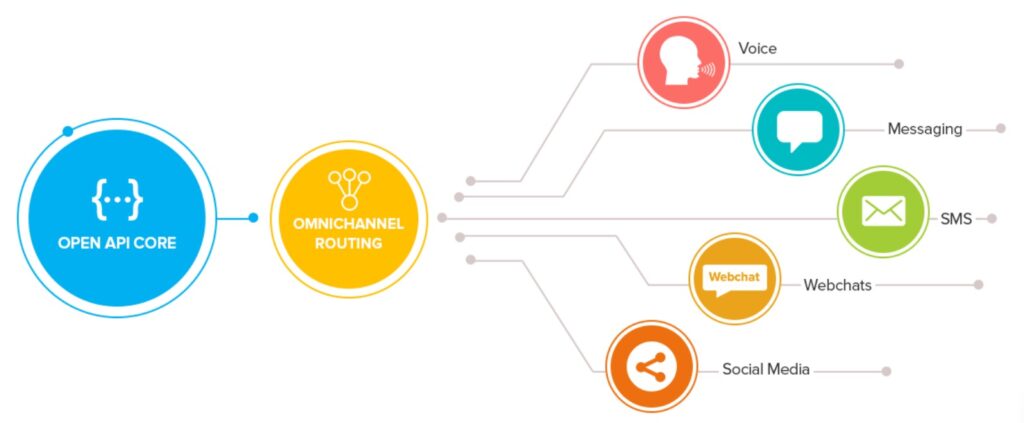
Sensing the changing trends in the industry, Ozonetel has developed CX Hub, an AI-powered omnichannel customer experience platform for contact center operations. CX Hub automates customer interactions on any channel with its proprietary AI algorithms.
The platform has GenAI, which instantly recognizes and gives call center agents complete context about the customer journey and historical data on their interactions with the business across multiple touchpoints and channels.
“AI can make sense of humongous amounts of data about the customer journey. We handle around 10 million calls a day. There is no way any human can make any sense of that. But with AI and NLP, there's a lot of intelligence that can be captured from these calls and customer interactions. That's the natural evolution.”
This AI agent on Ozonetel’s platform acts as a co-pilot for human call center agents, helping them make better business decisions. For instance, AI assistants can route the right call to the right agent based on previous interactions and where they are in the customer journey.
The AI agent can also understand the intent of the customer’s call and generate intelligent summaries based on previous interactions that they may have had with the business in other channels, like social media or live chat. These summaries can help the human agent currently speaking to the customer be better informed and resolve their queries quicker.
Breaking language barriers in contact center operations with Indic LLMs
While AI models can be trained to understand customer interactions in English, mainstream large language models (LLMs) are found lacking when it comes to interpreting conversations (voice or text) in regional Indian languages and generating accurate responses for business use cases.
“Right now, our AI models mostly work only in English. Any other language is a problem because none of the LLMs, including ChatGPT, are accurate in regional language for business use cases. They hallucinate a lot. OpenAI is not going to fine-tune a regional language GPT as it doesn't have the business case for it. At their scale, they don't care about this,” explains Chaitanya.
The problem with training an Indic LLM is the unavailability of quality training datasets. However, Chaitanya and his team have developed a solution. As a first step, the Ozonetel team, working alongside Swecha Telangana (the face behind the Free Software Movement in India), has released a Telugu LLM, AI Chandamama Kathalu.
AI Chandamama Kathalu is a 7-billion-parameter open-source ‘story’ data set that was trained on a treasure trove of 40,000 pages of Telugu folktales published in the Chandamama Magazine, which probably doesn’t need much introduction in South India.

Chaitanya says, “With the AI Chandamama Kathalu open-source data set, anybody can build a Telugu LLM now. That's one of the reasons I'm working with open-source teams like Swecha and not looking at building a new model like Ola’s Krutrim. Our approach is to support all open-source efforts. Open source and India will do well together.”
Ozonetel’s Telugu LLM, built with open source efforts, will be integrated with its CCaaS solutions to understand the pulse of customer conversations in real-time and resolve issues faster. Chaitanya says that he will soon start building LLMs for other regional Indian languages.
“The advantage is that we don't need to build from scratch. We just need to fine-tune either LLama or Mistral open source models to get acceptable results for business use cases, which in contact centers is to understand conversation intent and generate summaries.”
“We have observed that the private models have the best accuracy and are faster when we compare them to a LLM trained on ChatGPT or other models. These private LLMs exhibit fewer hallucinations because they're specifically trained only on the customer’s data sets. That’s a big advantage.”
The Future of Customer Experience
As Chaitanya Chokkareddy aptly puts it, "The fight is between who owns the contact center agent's desktop: the CRM or CCaaS providers?"


